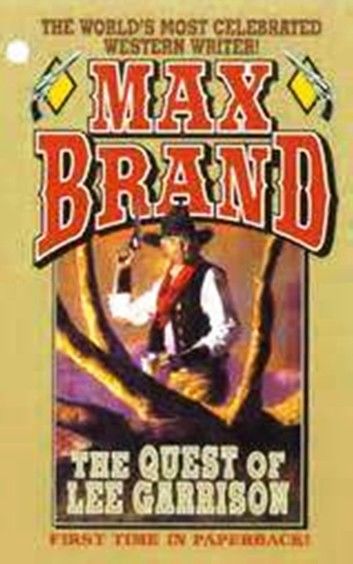Economy, whether of money or of labor, was carried by Mrs. E. Garrison to the nth degree, for economy of all kinds was necessary to the maintenance of her family. She had eight sons and no daughters. Three of the sons had been born at one time, and two at another. She threw herself with devotion into the battle to support these eight lives decently. A remnant of youth and good looks she sacrificed first, then all her time, her temper, her powers of body and soul went into the endless struggle, and she was so far victorious that neither Mrs. Oldham, right-hand neighbor, nor Mrs. Taylor on her left could ever find spot or speck on the new-burnished faces of the Garrison boys when they herded off to school in the morning. Work turned her to a famine-stricken wraith. But her heart grew stronger as she saw the fruit of her agony, eight boys with straight bodies and fresh, clear eyes.
On this wash Monday, having hung out the sheets and the pillowcases, the napkins, and the tablecloths, and all the whites, she dragged the clothes basket back to the kitchen to start the colored articles boiling in the same water that had served for the first batch. Time was when she had changed the water for each set of clothes, but now that her shoulders cracked under the weight of the boiler she moved it as seldom as possible.
"Besides," as she said, "clear water ain't what cleans 'em—it's the boiling and the soap and the blessed elbow grease." Yet, on this day, having dumped the colored things into the boiler and opened the door of the stove to shovel in more coal, she discovered that the last live cinder was turning from red to black—the fire was out. It was a calamity, for already the afternoon wore on, and she must rush to finish the washing in time to cook supper. That was the only point on which her husband was adamant—meals had to be punctual. Then she thought of assistance, and remembered that her eldest son was home; the teacher of his class was ill, which accounted for the vacation.












